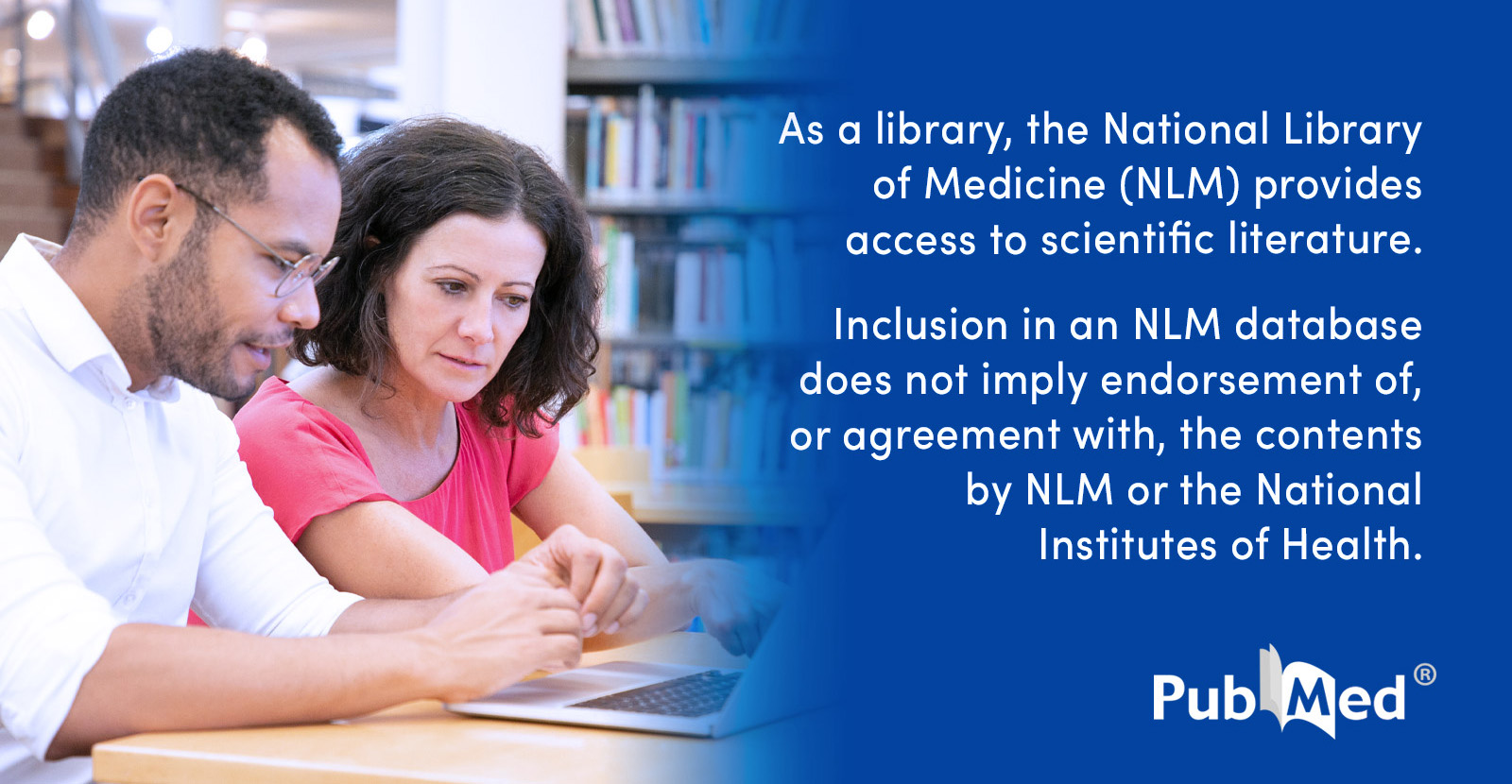This is an interesting, kinda non-political (contra pt. 8 below) review of what we now know re COVID vaccine and policy efficacy from a paper recently published:
https://www.econtalk.org/the-good-t...d-vaccine-with-vinay-prasad/#audio-highlights. (this has a transcript if you don't like or want to listen to it)
The COVID-19 vaccine has been a miraculous, life-saving advance, offering staggering efficacy in adults, and was developed with astonishing speed. The time from sequencing the virus to authorizing the first COVID-19 vaccine was so brisk even the optimists appear close-minded. Yet...

pubmed.ncbi.nlm.nih.gov
A brief summary from the beginning of the podcast:
1. The COVID-19 vaccine has been a miraculous, life-saving advance, offering staggering efficacy in adults, and was developed with astonishing speed. The vaccine saved lives in the older cohort. The vaccine did not stop the spread of COVID-19, obviously, but it did reduce the severity of the disease in the older cohort that was dying from Covid.
2. The vaccine did not prevent transmission well. And in the randomized control trials that led to vaccine approval, we could have explicitly tested whether or not the vaccine slowed or halted transmission. We did not do so. Why is an interesting question that is discussed.
3. We made the mistake of extrapolating our vaccine advice to older, unvaccinated cohort to people who had already had and recovered from COVID-19, an extrapolation that lacked evidence.
4. We pushed vaccines in younger and younger populations, where the risk and benefit balance were more tenuous and uncertain. The evidence is weak that perpetual vaccination in children (esp. those who have had Covid-19) is effective or worthwhile. Govts. were reluctant to admit, investigate, and act upon harms that were being discovered w/r/t the vaccine in some age cohorts. (Israeli study in particular showed the risk of myocarditis in young men 16-22 far exceeded potential benefit of vaccine). Because of this, the vaccine did more harm than good among certain cohorts in the short term. In the long term, school closures were a policy blunder, that when you look at all-cause mortality into the future and lost-life-years of the entire population, did much more harm than good. (You can also probably tack on the trillions the world spent and continues to spend recovering from the economic shut downs that will be passed onto the young as another cost/harm to them).
5. The timing of the initial vaccine approval was probably driven by politics. Trump wanted it before the election to crow about it, but scientists were publicly stating during the 2020 election that the vaccine might not be effective, might do more harm than good, etc. and then did an about-face after Biden was in office in terms of public messaging and at that point oversold it. (obviously the most controversial part of this discussion/paper).
No one here is an epidemiologist, so it's tough to judge Prasad's accuracy. The link to the pod already has some discussion, with arguing back and forth about his reasoning. But I found this relatively easy to follow as a layman. I think the most important take away for everyone here: evaluating the vaccine and our policy responses is complicated and to do so well, you have to admit uncertainty--even now (hi there, scientific method!)--and be nuanced in your analysis.
Aside: It's too bad we don't have one, unified COVID thread, one unified Trump sucks thread, and one unified Biden sucks thread. Messages and topics would be much easier to navigate.
Regarding this one,
@TheOriginalHappyGoat or
@UncleMark , do you think it worth trying out this thread as one of those where we don't allow name calling, overt political dumbassery, etc. to invade?



